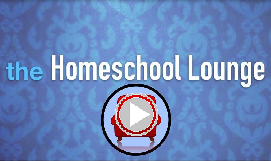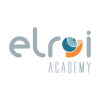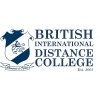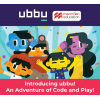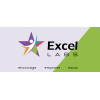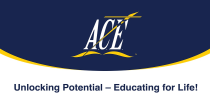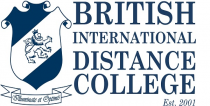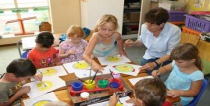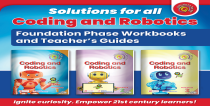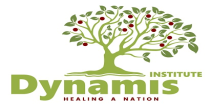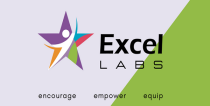Adult Matric
ADULT MATRIC (NSC Amended Senior Certificate)
Homeschool learners who follow their interest or work on their business up to a later age consider the adult matric. They choose between either the American Adult Matric called the GED or the South African Adult Matric (NSC Amended Senior Certificate.)
Anyone in South Africa who is 21 years of age and older can obtain a South African adult matric completely free of charge through the Department of Basic Education (DBE). They can study on their own, or enrol in an Adult Matric course at an adult learning centre (ABET). (visit the ABET website for centres in your area.)
TVET colleges, as well as private distance learning colleges, also offers the adult matric with online support, classes and tutoring. Each of these colleges has its own fees.
Who chooses this option?
Adult Matric is aimed at people from all walks of life who desire to get their matric certification, or better their previously written matric marks, or just need certain subjects. Provided they meet the requirements of USAf (Universities South Africa), this adult matric may even offer them admission to a university. (JUST check what the entrance criteria is for the University course you want to study, before you select your subjects.)
What are the requirements?
You must be 21 years of age or older.
Any one of the following three qualifications will give you admission to this exam:
- A Grade 9 report stating you have passed grade 9.
- General Education and Training Certificate. It is a standardized exam that students take at the end of Grade 9. This is typically done by children who want to leave school at that age.
- Any other equivalent and recognized qualification that includes at least two official languages.
* ABET centres offer grade 9 but you can also contact a curriculum provider who offers CAPS grade 9.
How do I register?
You can register for the exam online on the DBE website (information under the curriculum menu on the website) or visit any DBE district office. The exams are written in May/June. Registration opens by mid-October and closes on the 31st of January.
How do I prepare for the exam?
The list of 35 subjects, learners can choose from appears on the DBE website. The department suggests that learners start preparation on time and remind learners that it is actually a year programme if done full time. Learners can also study part time and write the exam over a longer period.
The Department of Basic Education (DBE) has made available an Examination Guideline, which provides a framework on the structure and format of the examination. You will need to use CAPS textbooks to prepare for the exam. Exemplar question papers based on CAPS are also available on the DBE website.
Textbooks can be purchased online or at bookstores or borrowed from a local high school to save costs.
Costs
If you make use of an ABET centre there is just a small registration fee payable. Some colleges that offer support and classes charge R2700 per subject but there are cheaper and more expensive options available.
What do I need to pass the exam?
You must pass six subjects, two of which must be official languages. Here is the minimum required:
- Three subjects at least 40%, one of them must be one of the official languages and you must take it at home language level.
- Two subjects at least 30%, one of them must still be an official language, which you must take at second language level.
- Subminimum of 20% in the sixth subject.
Where do I write the exams?
The exams are written at certain examination centres of the Provincial Education Departments. These are mostly schools, but there are also some independent assessment bodies accredited by Umalusi that can take down exams. Instructions on examination centres will be provided by the DBE.
For more information visit the website of the Department of Basic Education and choose the curriculum option on the menu.
Events
Legal & Research
Centres
Homeschool ABC
Support
Curriculums
British International Distance ...
We offer children in South Africa the opportunity to begin their ...
Learn, code and create with Ubbu
Introducing ubbu!An Adventure of Code and Play! Learn, Code ...
Has no content to show!



